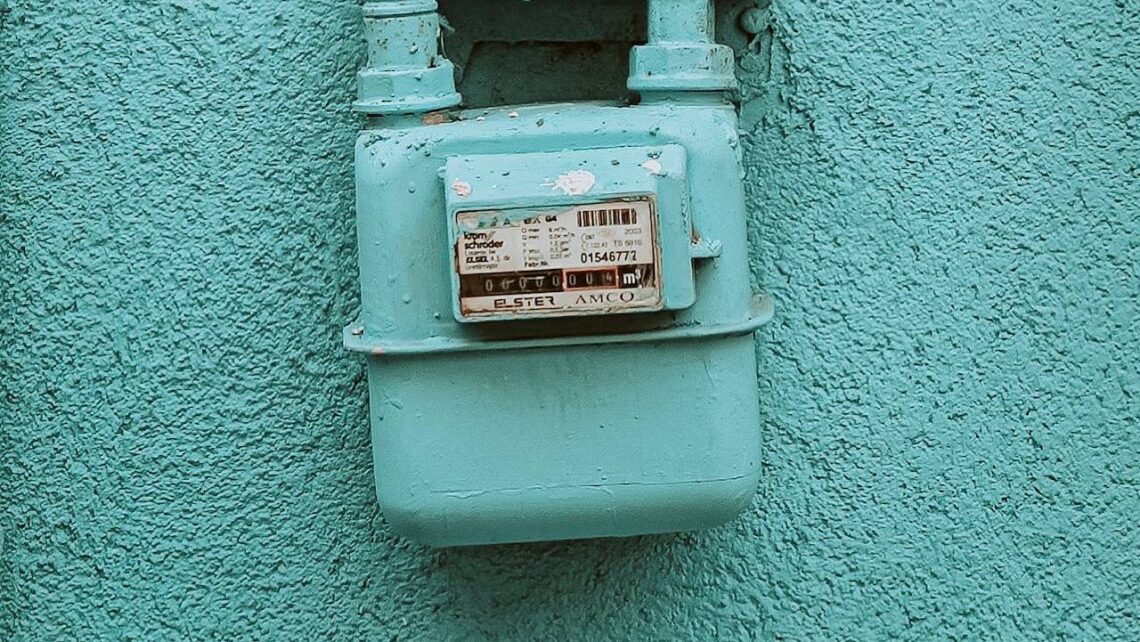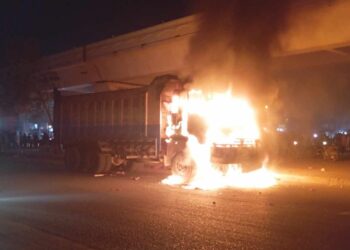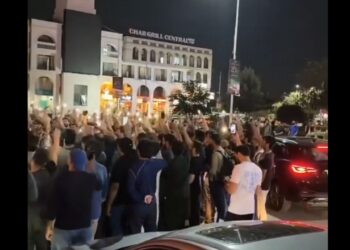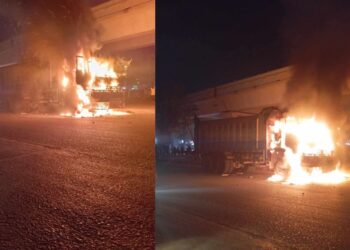Housing societies in Pakistan have started getting new gas connections after the government has opted to instruct both the northern and southern Sui gas companies to extend Re-Gasified Liquefied Natural Gas (RLNG) connections to housing societies currently without access to the natural gas distribution network.
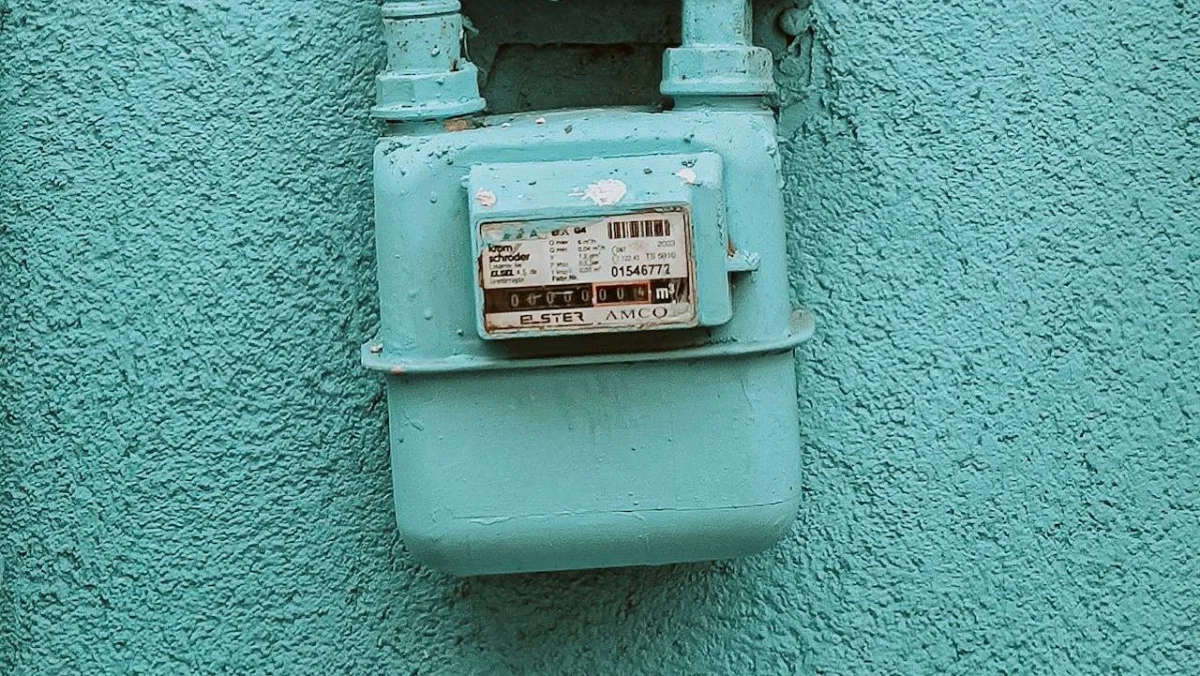
According to a recent report by The News, these RLNG connections will come at a full cost, estimated to be over $12 per MMBtu (Rs3700 per MMBtu). The decision entails that the expenses associated with RLNG connections, encompassing transportation and distribution losses, will be entirely borne by the residents of the housing societies.
According to top officials from the Energy Ministry, approximately 200 housing societies are in need of gas connections. However, due to the declining local gas production, currently at 3.2 billion cubic feet per day (bcfd) and rapidly diminishing, the government has communicated to them that RLNG is the only viable option. Local gas is projected to meet the country’s demands for a mere six to seven years.
The Energy Ministry officials clarified to The News, “About 3.3 million applications are pending with the gas companies, including those from areas already connected to gas transmission and distribution networks.”
They emphasized that RLNG connections will not be extended to those already connected to the existing gas distribution network to avoid potential legal disputes regarding discriminatory charges.
The officials elaborated, stating that if the government were to supply RLNG to all 3.3 million applicants, it would necessitate the import of 800 million cubic feet per day (mmcfd) of gas, requiring a new LNG terminal. However, for housing societies with only 50,000 applicants, 10-20 mmcfd of RLNG would suffice.
“We have opted to provide RLNG at the full price to housing societies instead of relying on local gas,” the officials stated, dispelling any misconception about a moratorium on RLNG provision to housing societies. They clarified that while a ban on local gas connections was imposed in 2017, no such restriction was placed on RLNG connections.
To streamline the process, the Petroleum Division is preparing a summary for consideration by the Cabinet Committee on Energy (CCoE) to issue clear directives to gas companies for RLNG connections. Alternatively, the officials mentioned the possibility of seeking clarification from the Petroleum Division based on the 2017 federal government decision, avoiding the need for fresh CCoE approval.
